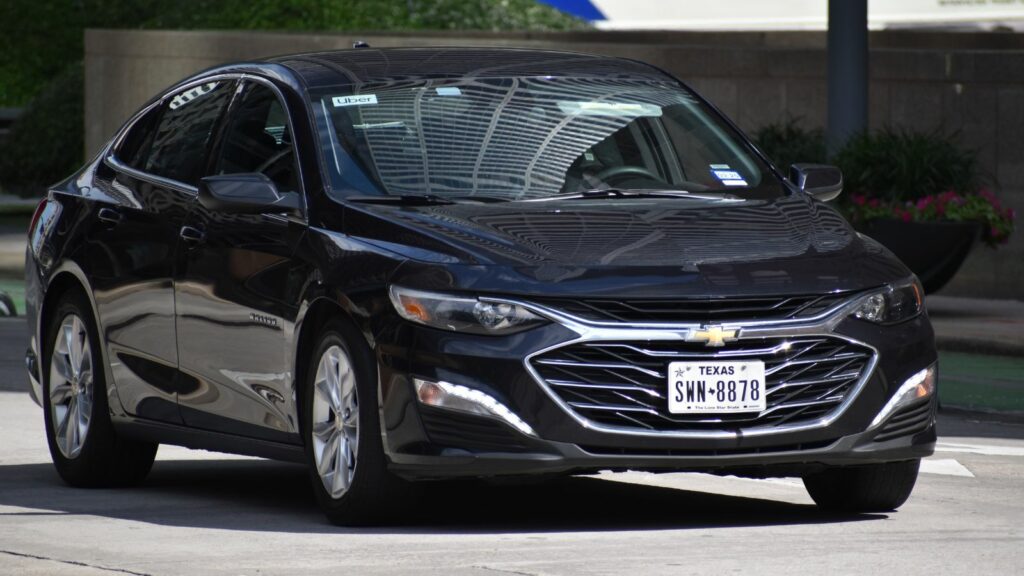Canadian drivers are making smarter vehicle choices, and some formerly beloved models are falling out of favor fast. Whether due to rising repair bills, safety concerns, outdated tech, or fading fuel efficiency, these vehicles are slipping from driveways across the country. Insurance costs are creeping up, resale values are tanking, and in some cases, dealerships don’t even want them on trade-in lots. If your ride is on this list, now might be the time to cut your losses. Here are 17 vehicles losing popularity fast in Canada:
Nissan Altima
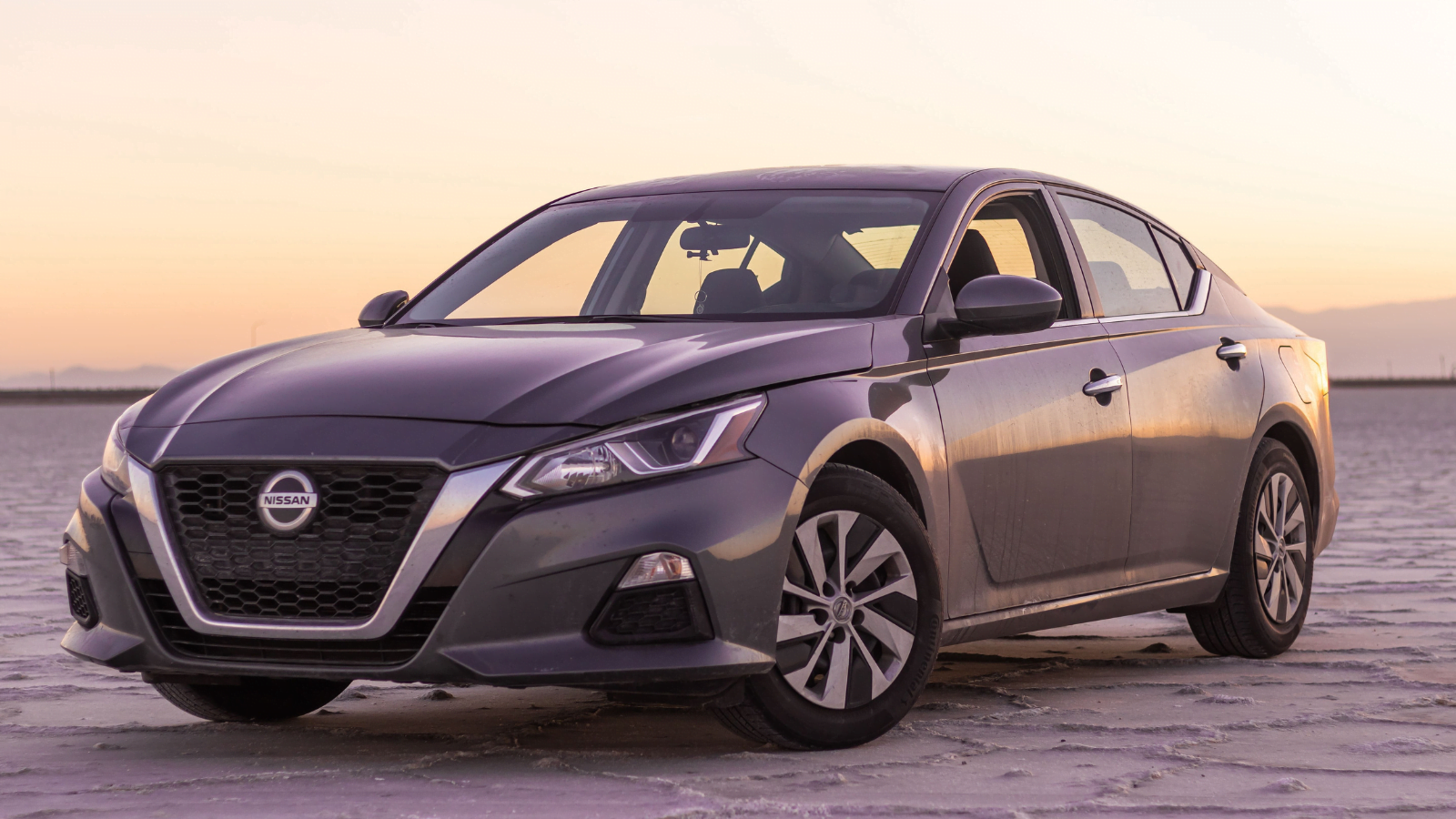
Once a go-to for Canadian commuters, the Altima is falling behind in a competitive midsize segment. Its 2.5L engine, which produces 188 hp, is reliable on paper, but drivers report CVT failures, steering issues, and poor winter traction, especially with the standard FWD. The all-wheel drive helped briefly revive sales, but the interior quality hasn’t kept up with competitors like the Accord or Camry. High insurance rates and steep depreciation are making owners rethink their loyalty. If you’re still hanging on to an Altima, now might be the time to trade before its value drops even further.
Jeep Cherokee
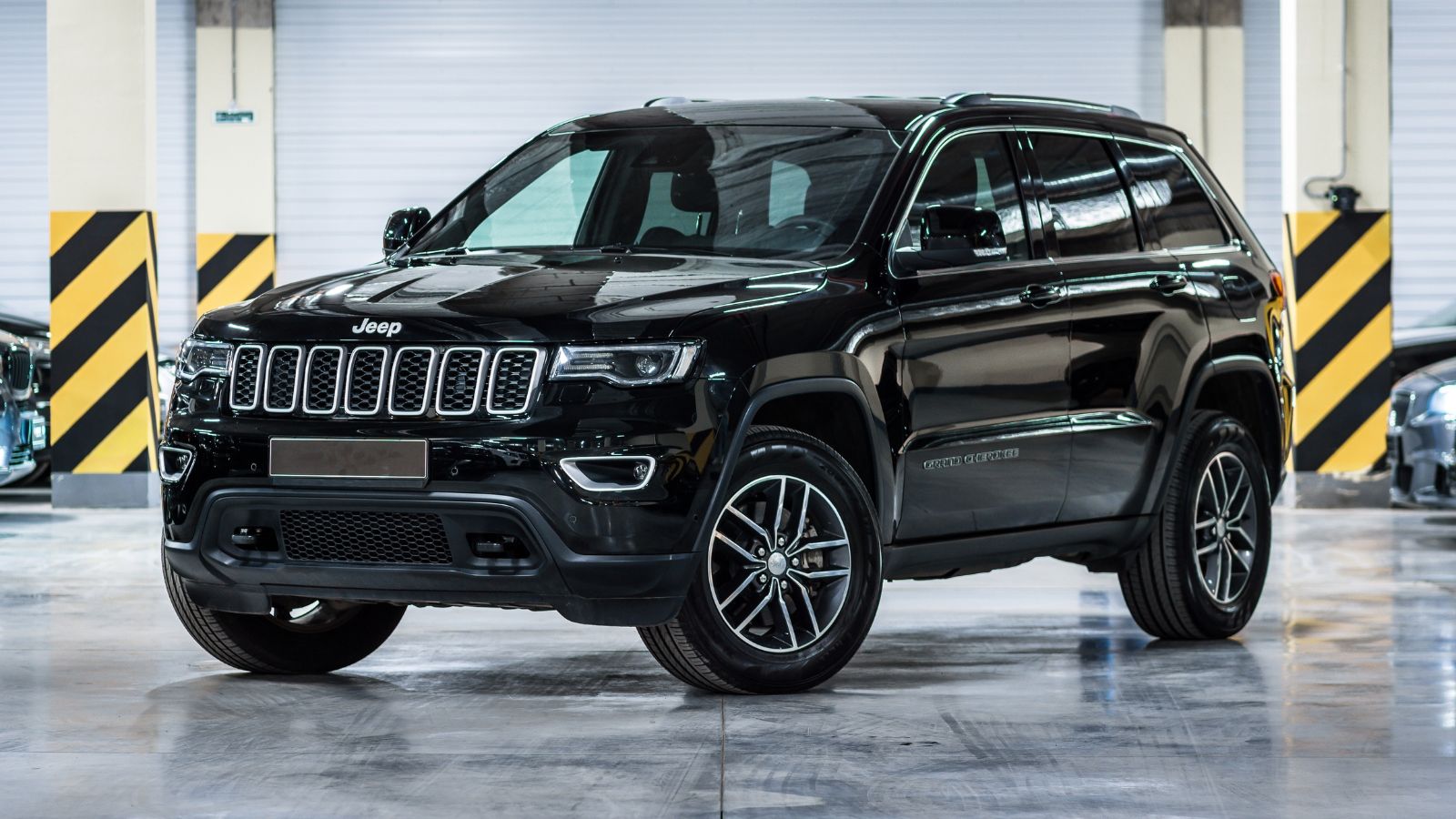
The Jeep Cherokee’s rugged look hides a history of mechanical headaches. The 2.4L Tigershark engine, which delivers 180 hp, and the available 3.2L V6, which delivers 271 hp, should have impressed, but frequent engine stalling, electrical failures, and problematic 9-speed transmissions wore down Canadian patience. It also suffered from poor fuel economy and recalls related to power steering and software glitches. While off-road chops are a plus, most suburban owners never needed them and were stuck with reliability concerns.
Chevrolet Trax
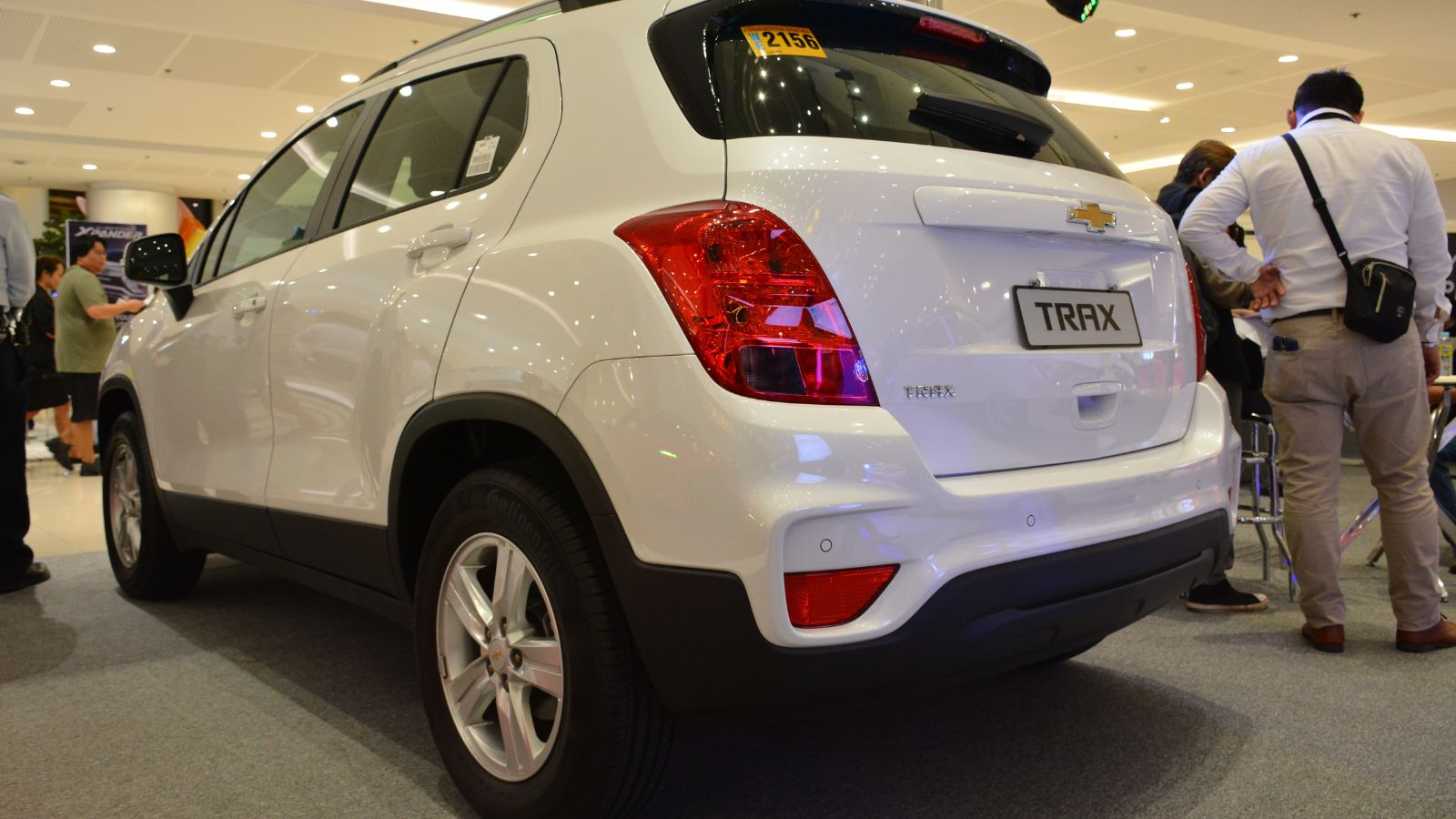
Initially appealing as a low-cost urban crossover, the Chevy Trax has aged quickly. Its 1.4L turbocharged engine, producing 138 hp, is sluggish, and the six-speed automatic doesn’t help. Interior materials feel dated, ride quality is harsh, and cargo space lags behind competitors. Safety tech is minimal in earlier models, and fuel economy is no longer impressive in a market full of hybrids. Canadian drivers are shifting toward larger, more capable compact SUVs, leaving the Trax behind on dealership lots.
Ford EcoSport
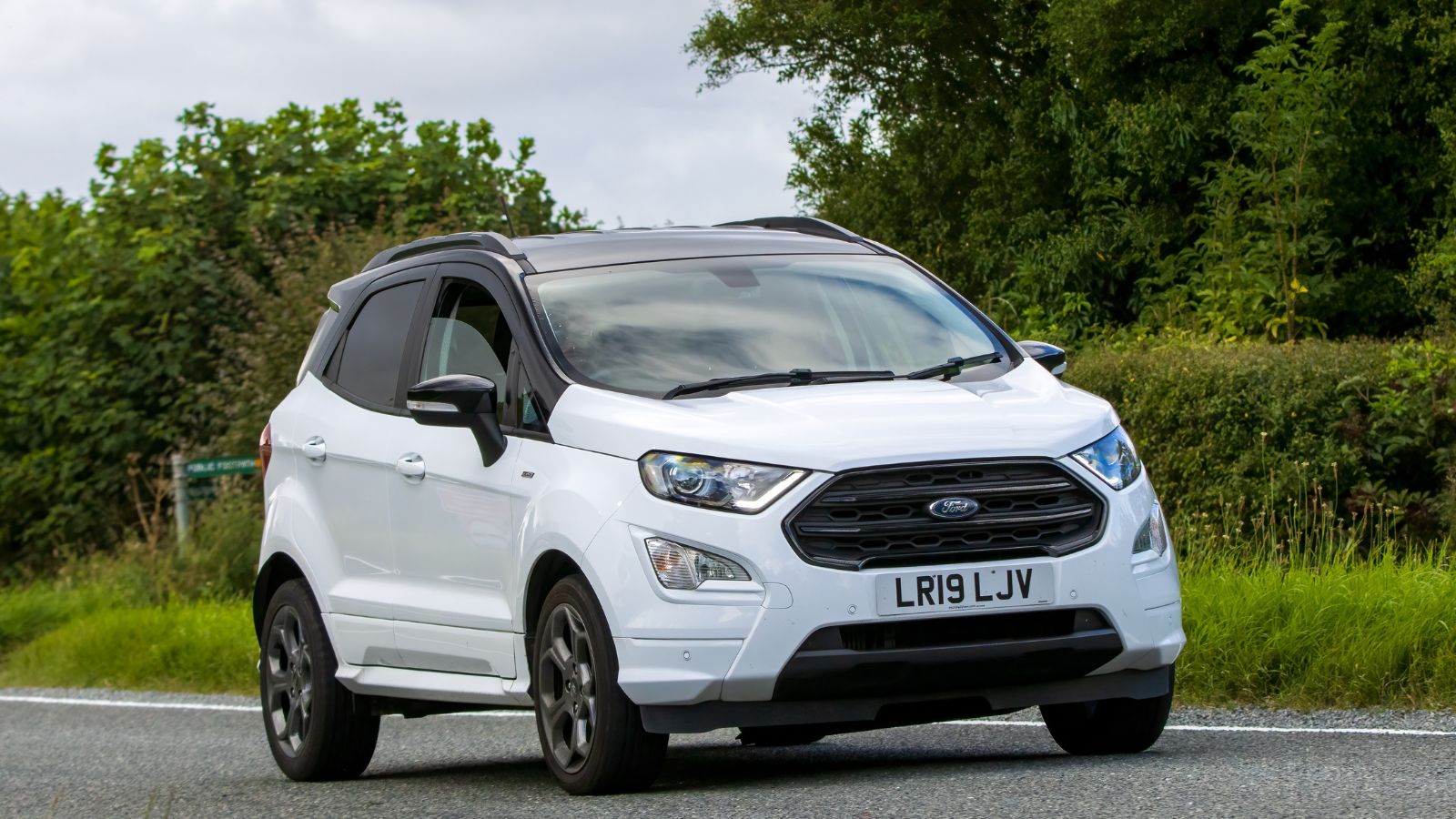
EcoSport has never caught on in Canada, and its sales are disappearing quickly. Under the hood, the 1.0L turbocharged 3-cylinder, which delivers 123 hp, or the 2.0L inline-4, which delivers 166 hp, lack punch, especially in highway conditions. The swing-out rear door is a constant complaint in tight parking spaces, and the interior quality is underwhelming. Owners report transmission issues and a noisy cabin. Fuel economy isn’t competitive either, despite its compact size. Dealers are offering deep discounts to move them off lots.
Dodge Journey
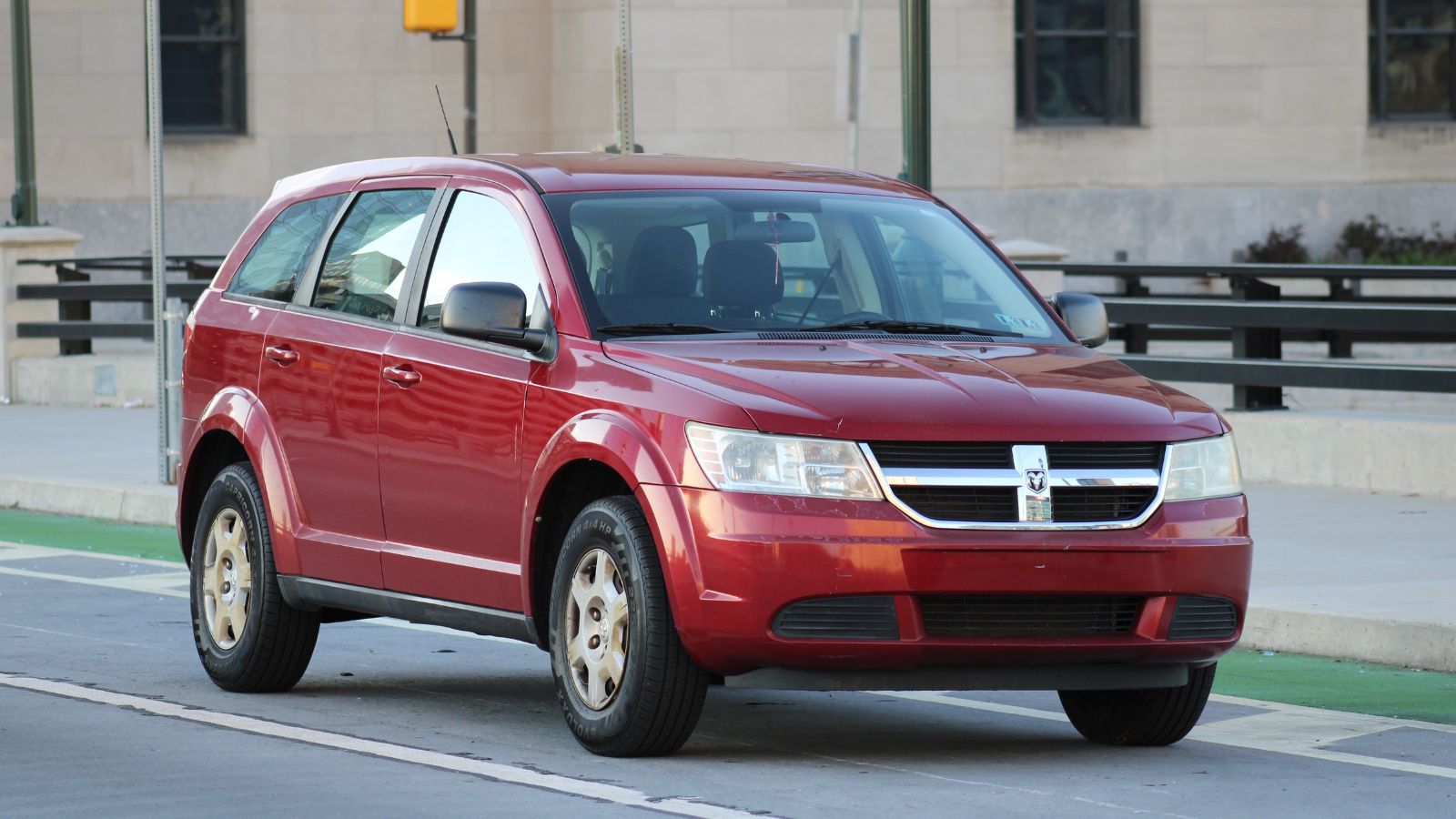
Despite being discontinued, the Dodge Journey lingers on Canadian roads and in trade-in nightmares. The standard 2.4L engine and 173 hp feel underpowered, and the outdated 4-speed automatic transmission is a central weak point. Build quality inside and out has always been suspect, with failing electronics, worn-out suspensions, and minimal safety tech making it feel a decade behind. Poor crash test ratings didn’t help its case. Once a favorite for families on a budget, the Journey is now a vehicle many buyers and dealers are steering clear of.
Mitsubishi Mirage
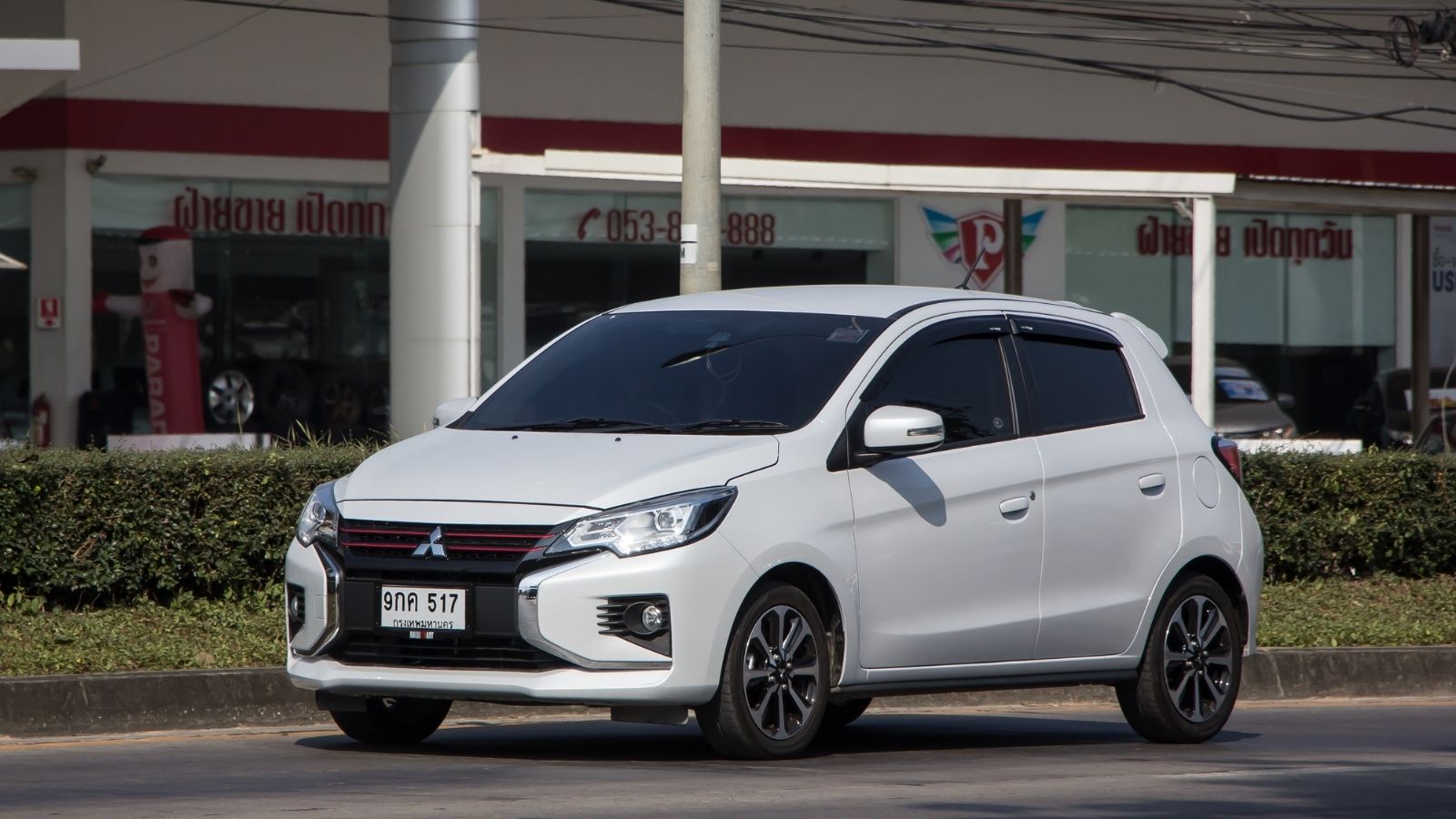
The Mirage may be one of Canada’s most affordable new cars, but it’s also among the most avoided. Its 1.2L 3-cylinder engine makes just 78 hp, and acceleration is painfully slow, even by city car standards. The CVT whines under strain, and ride comfort is minimal. Interior tech is sparse, and crash test ratings are mediocre. While the fuel economy is excellent, the barebones build and low resale value are pushing buyers toward better-equipped used cars.
Chrysler 300
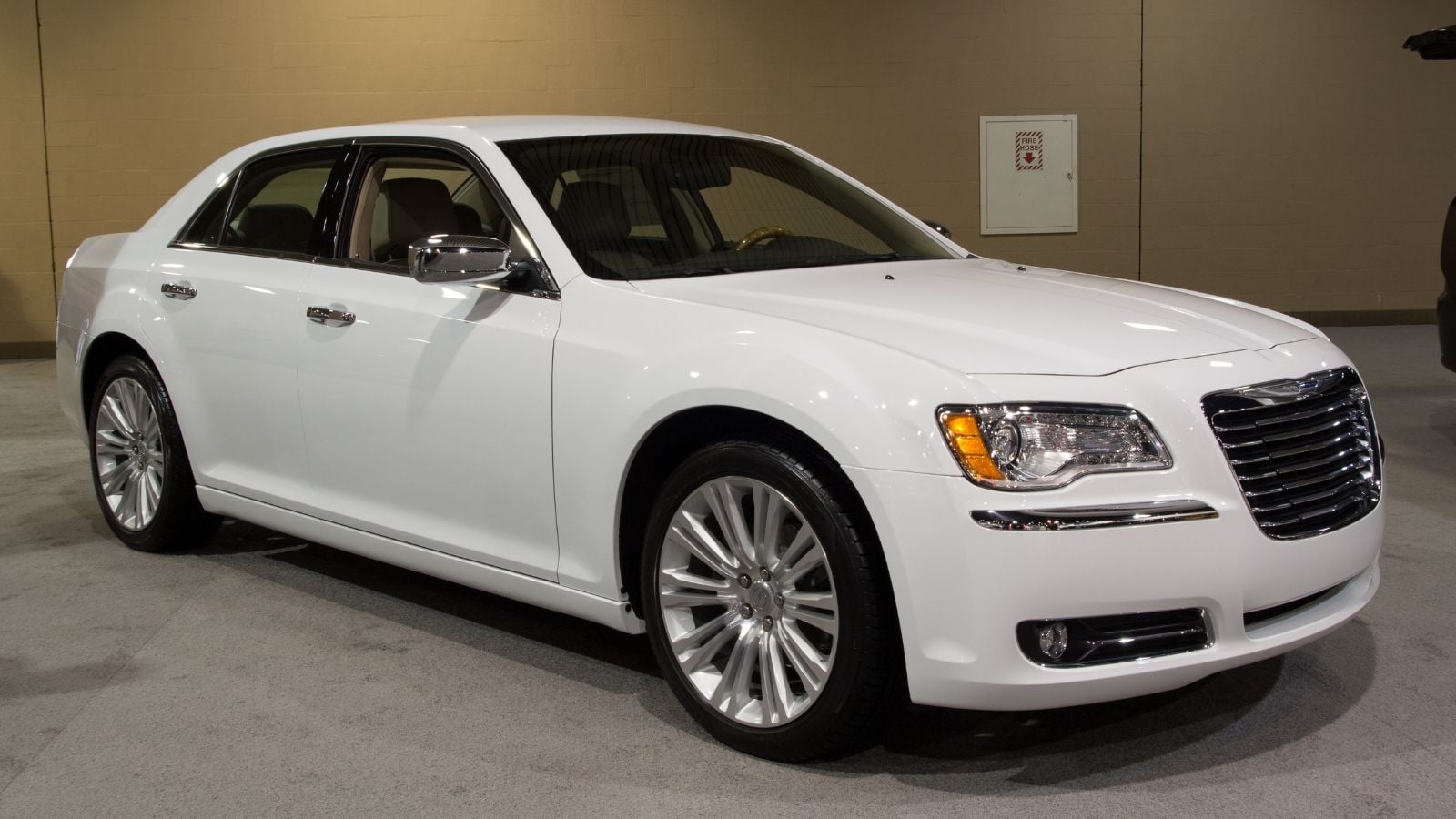
The Chrysler 300 once turned heads with its bold design and big-sedan comfort, but Canadians are moving on. It delivers power with either a 3.6L V6 or a 5.7L V8 but at a cost. The fuel economy is poor, handling is heavy, and tech updates have lagged. It’s also been dropped from Chrysler’s future lineup, which will likely sink resale values further. Interior luxury features can’t outweigh the car’s aging bones and high insurance rates. If you’re holding on to one for the prestige, now may be the last chance to trade before value drops hard.
Chevrolet Malibu
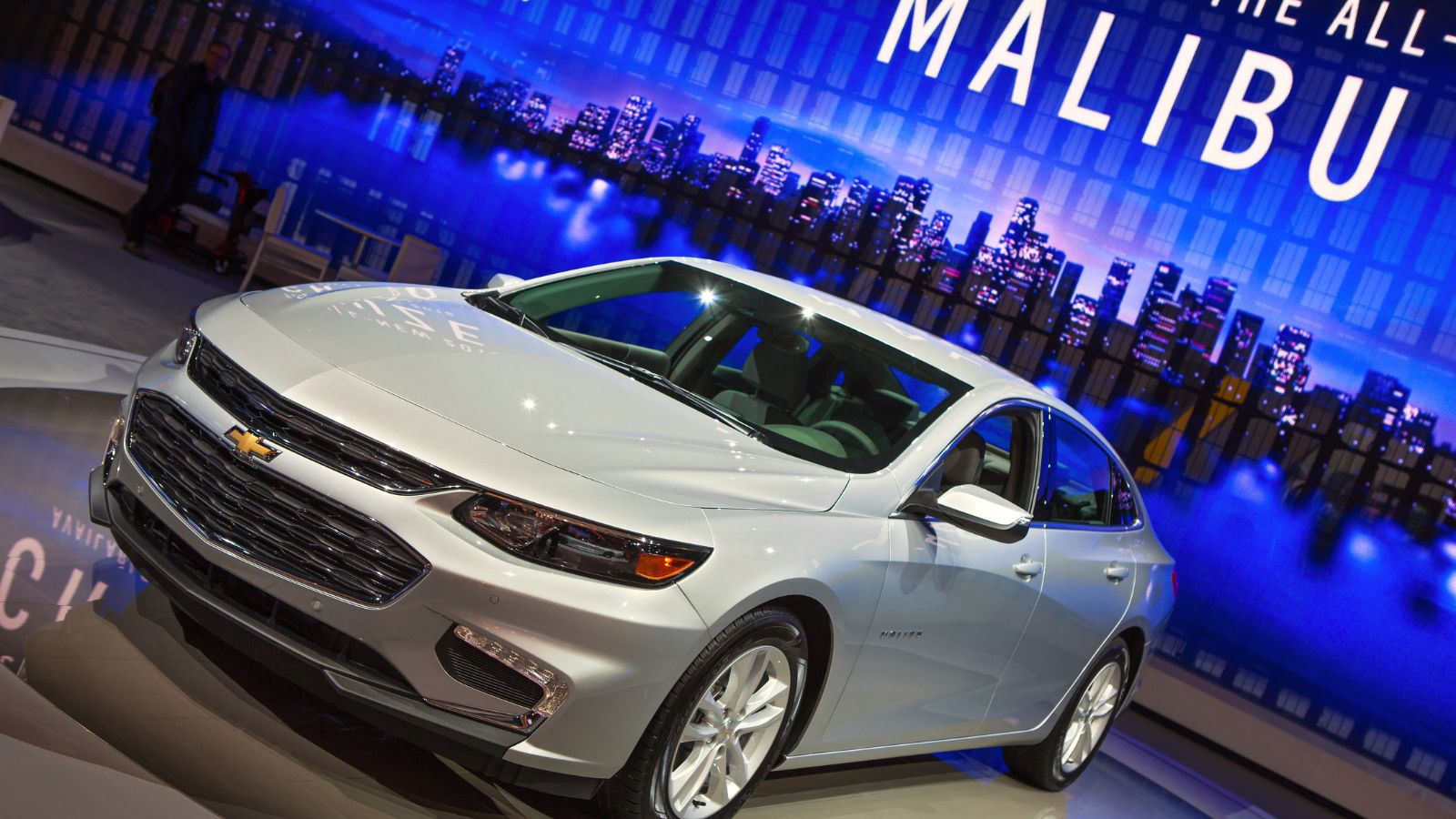
Once a rental fleet favorite, the Chevy Malibu has been slowly fading from Canadian driveways. Despite a reasonably efficient 1.5L turbo engine and 160 hp, the Malibu is losing out to crossovers and hybrid sedans. The interior feels bland, the infotainment system is clunky in earlier models, and the build quality is hit-or-miss. Mechanical problems like turbocharger failures and jerky transmissions have turned off long-time buyers. GM recently confirmed its end-of-life is near. That means plummeting resale and a harder time finding parts or support.
Toyota Yaris
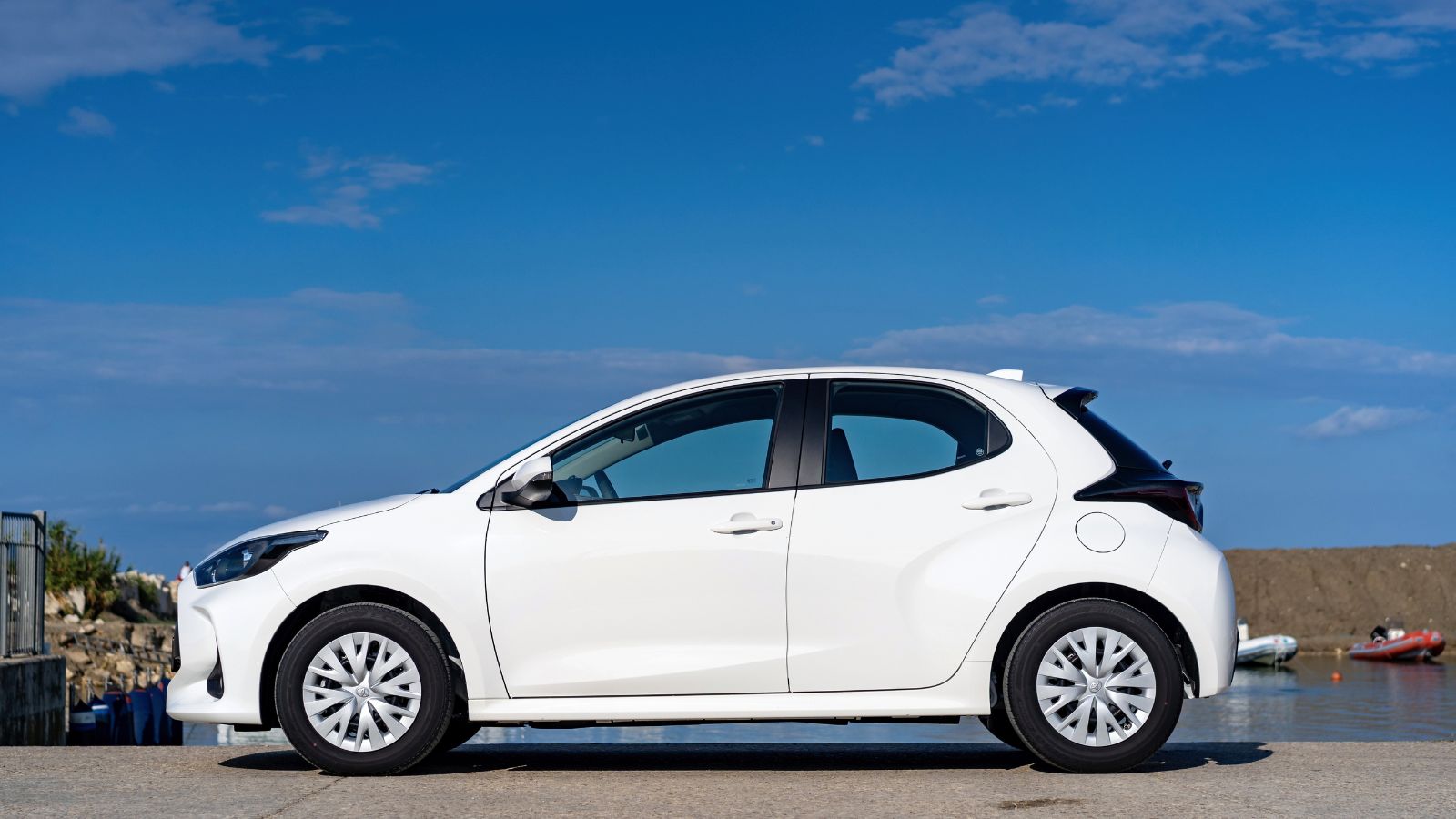
The Toyota Yaris was once beloved for its efficiency and simplicity, but it’s been discontinued in Canada, hurting its market value. Powered by a 1.5L engine delivering 106 hp, the Yaris was always about slowly getting from A to B. Safety tech and infotainment lag behind modern subcompacts, and newer buyers are shifting toward hybrids or compact SUVs. Even loyal Toyota fans are admitting the Yaris feels dated.
Fiat 500L
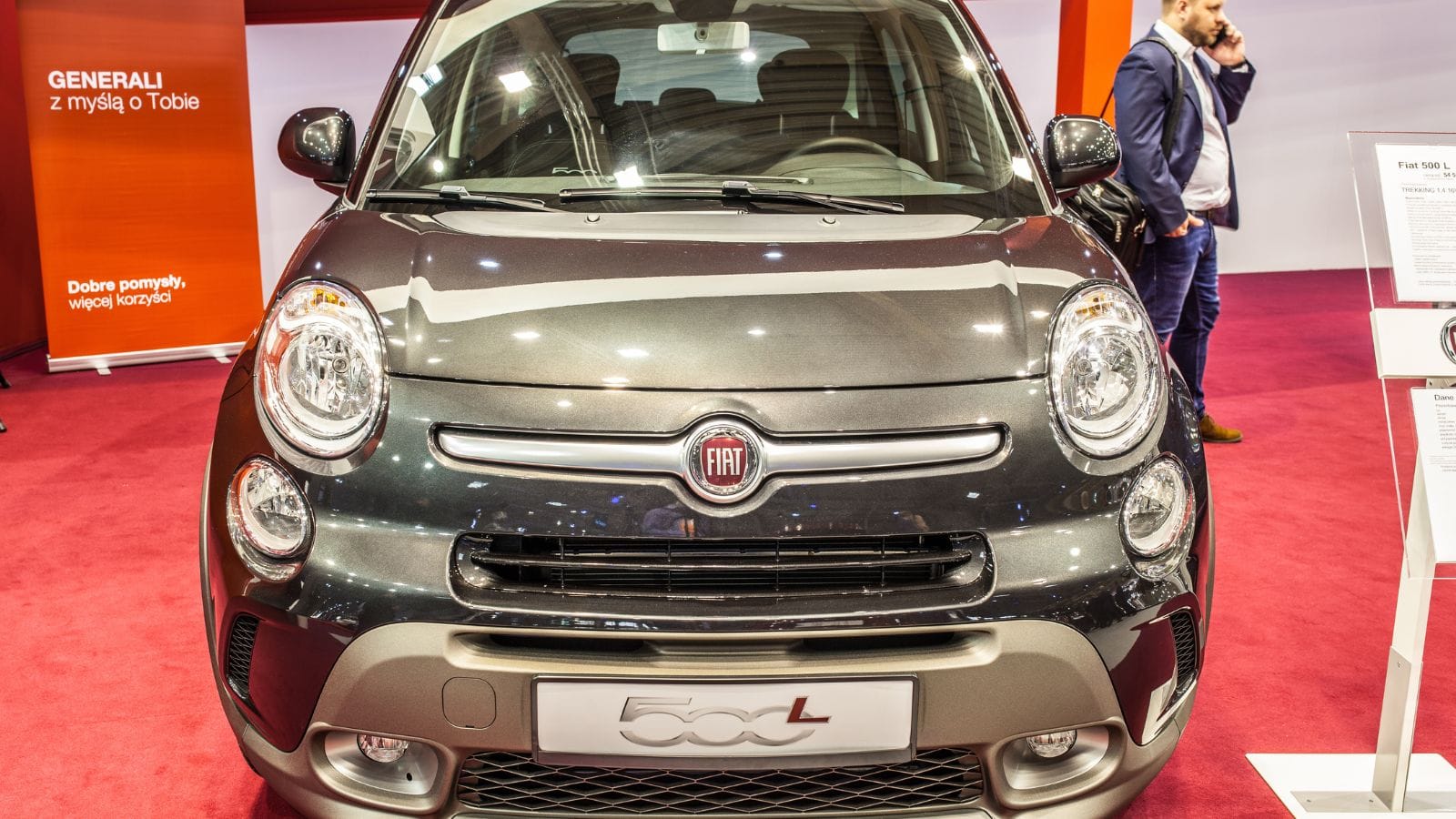
The Fiat 500L aimed to bring European flair to Canadian roads, but drivers quickly learned it wasn’t worth the trouble. Reliability issues, including oil leaks and poor cold-weather starts, plague the 1.4L turbo engine that produces 160 hp. Its dual-clutch transmission lacks smoothness, and the ride quality is jittery. The layout is quirky but cramped, and the electronics are prone to glitches. Fiat’s shrinking Canadian presence has made parts and services harder to access. With few fans left and resale value circling the drain, this is one vehicle most owners are eager to unload.
Hyundai Veloster
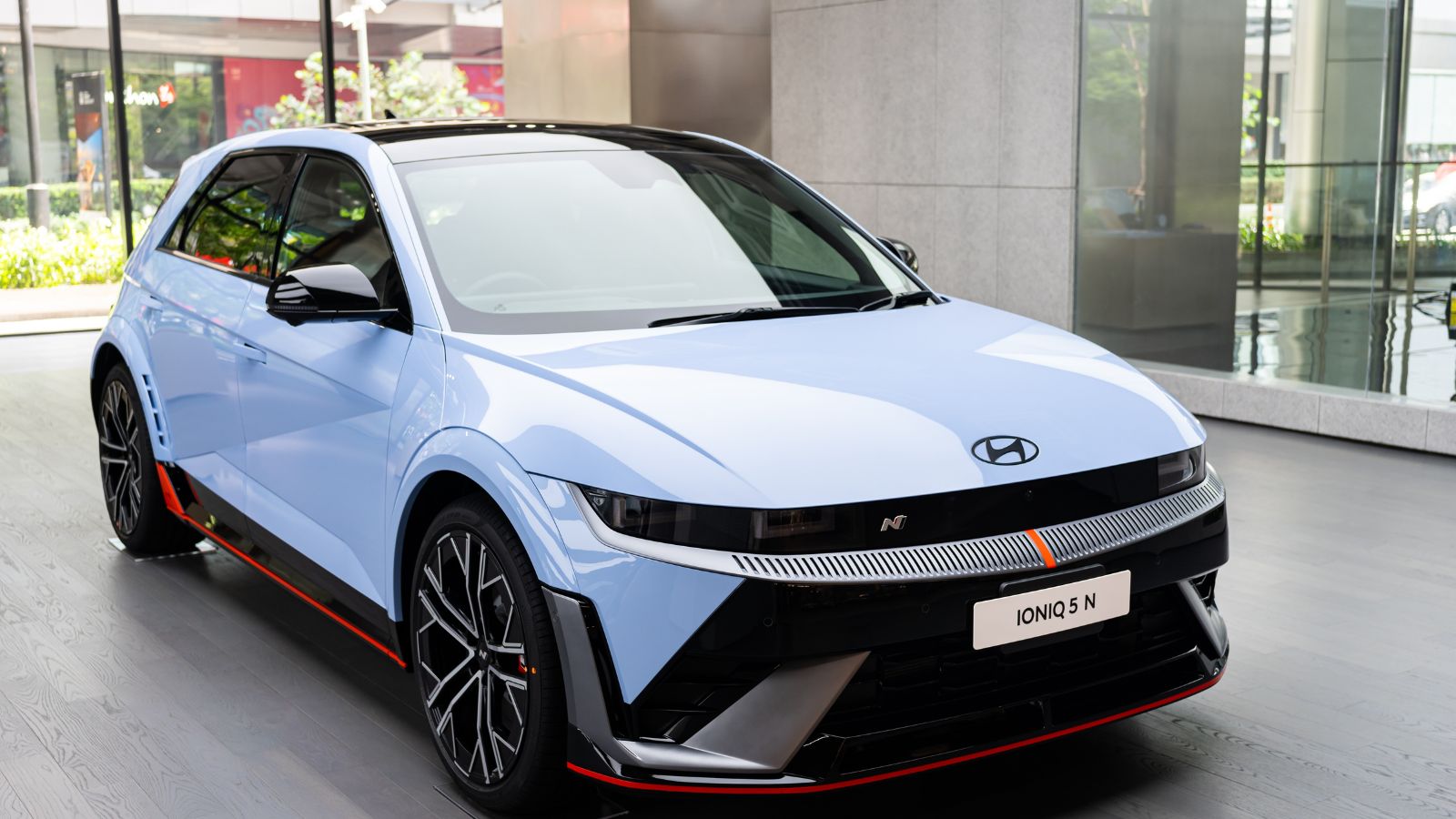
The Veloster once appealed to younger buyers with its edgy design and three-door layout, but Canadians are saying goodbye. The base 2.0L engine that delivers 147 hp is underwhelming, and even the turbocharged 1.6L version that delivers 201 hp doesn’t make up for transmission quirks and road noise. Interior materials feel cheap in lower trims, and the odd door setup compromises visibility. Hyundai discontinued the non-N models, and that’s sent used prices on a decline. With insurance creeping up and demand falling, the Veloster is now a niche car, and many owners are trying to exit quickly.
Volkswagen Passat
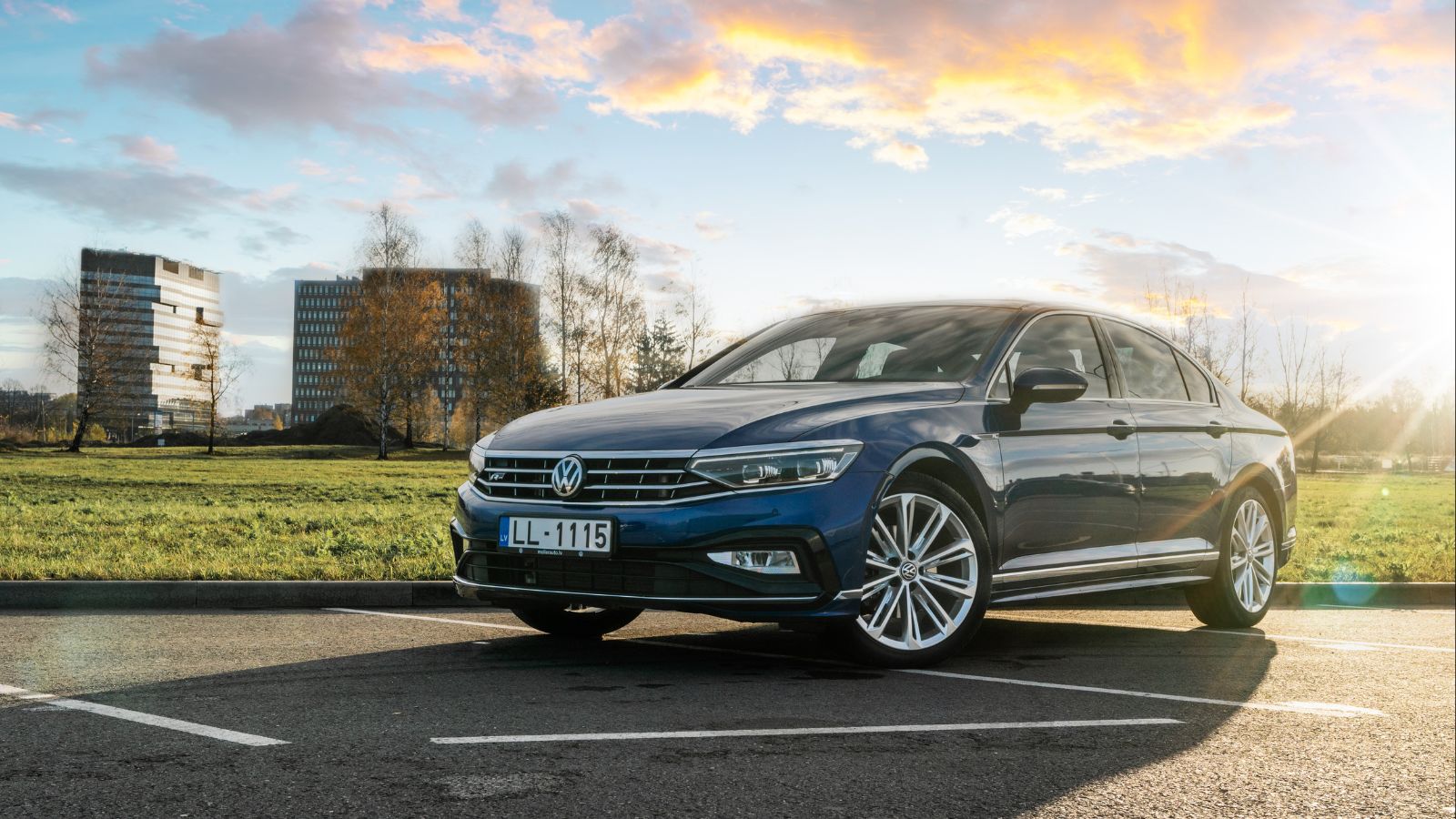
The Volkswagen Passat once had a loyal Canadian following, but that’s changed quickly. Its 2.0L turbo engine and 174 hp deliver smooth power, but persistent issues with electronics, fuel system glitches, and clunky transmissions have damaged its reputation. VW discontinued the Passat in North America, and that’s caused resale values to nosedive. The interior, while spacious, now feels dated compared to rivals. The lack of AWD makes it less desirable in snowbelt regions, and parts availability could become an issue soon.
Buick Encore
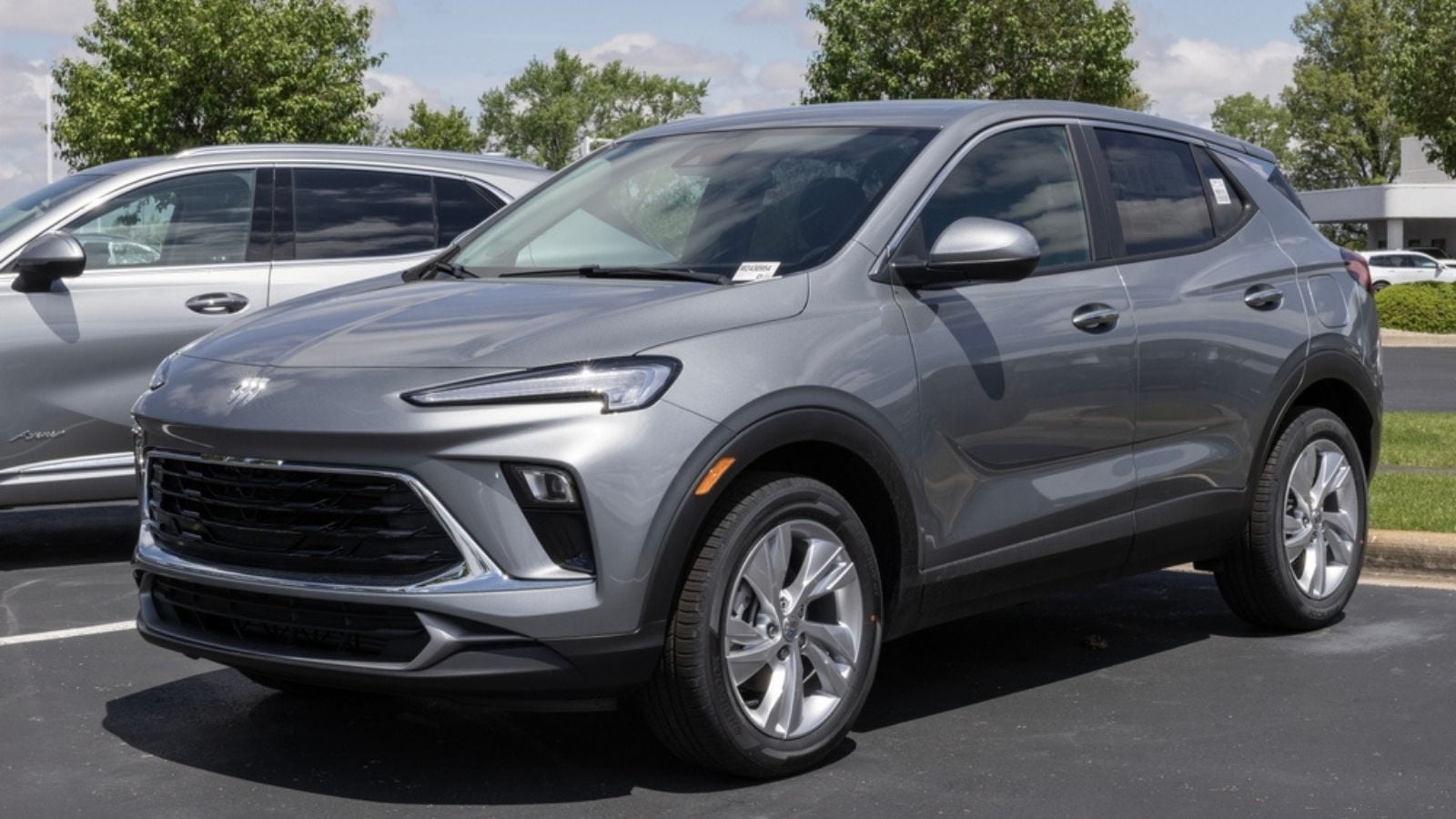
The Buick Encore once offered upscale appeal in a compact package, but Canadians are turning their backs. Its 1.4L turbocharged engine that produces 138 hp lacks excitement, and the ride feels sluggish and noisy. Interior tech is dated, and while fit-and-finish was decent for the price, it hasn’t kept pace with today’s luxury-lite rivals. Buick has already dropped the model in favor of newer crossovers, used prices are beginning to slide, and older models also suffer from turbo and electrical issues.
Mini Countryman
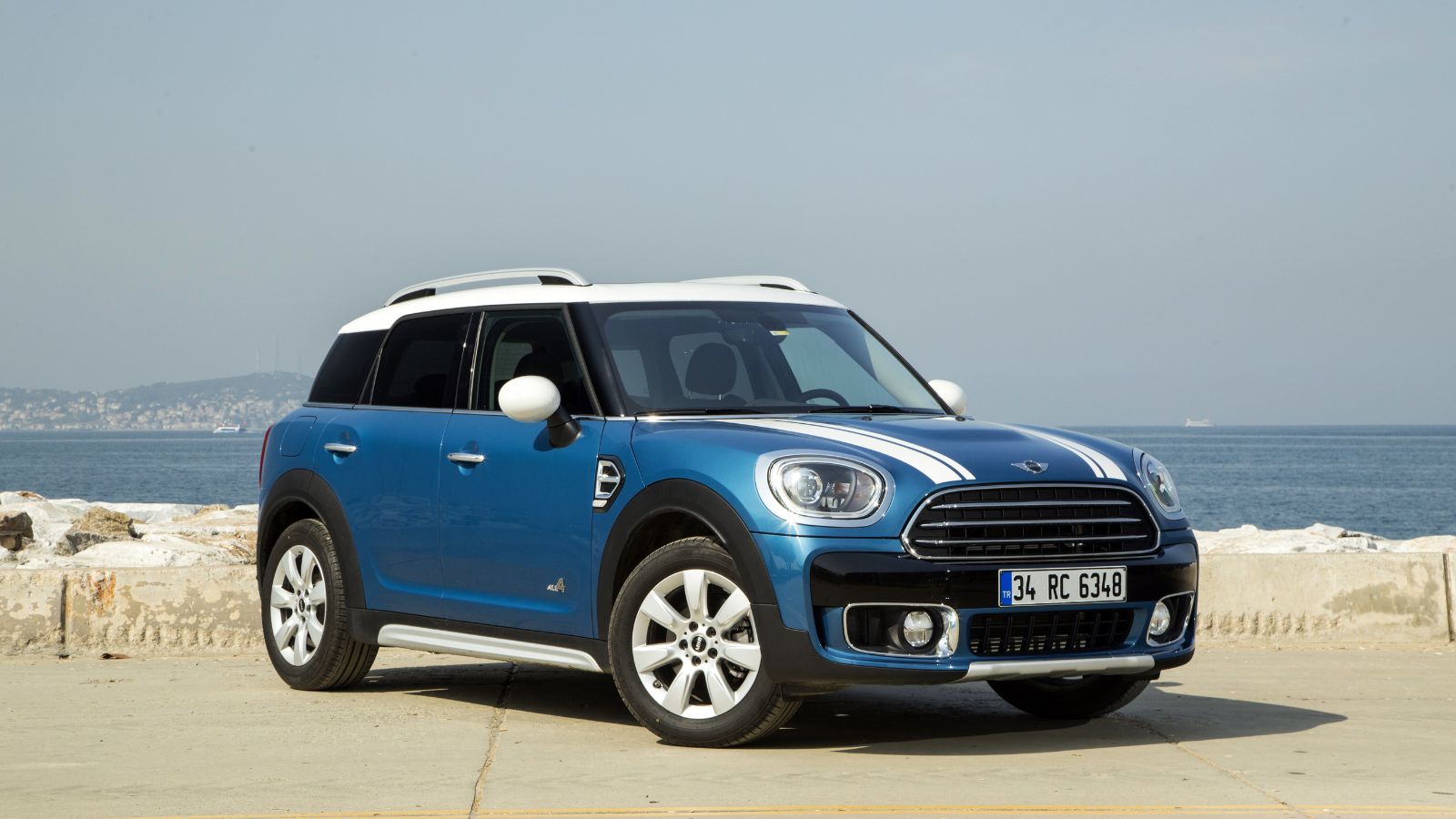
The Mini Countryman once brought style to the compact SUV space, but Canadian drivers are now wary. The base turbo 3-cylinder that produces 134 hp is underpowered, and while higher trims offer more muscle, they come at a steep cost. Reliability concerns have turned off long-term owners, particularly with the transmission and engine sensors. Maintenance and repair bills are far from “mini,” and resale has been disappointing. Despite its fun image, the Countryman doesn’t deliver enough substance to back it up.
Kia Rio
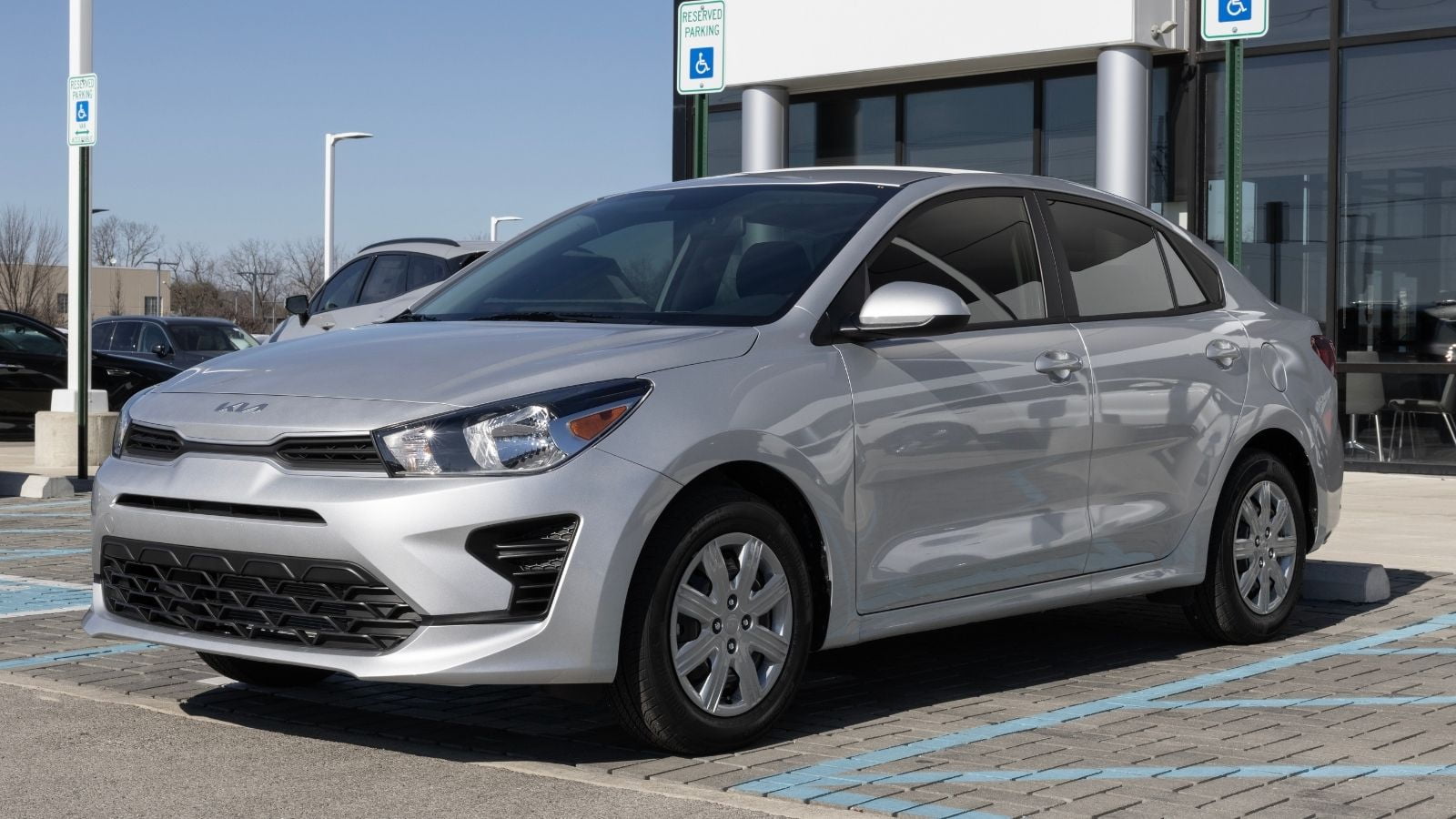
Affordable and practical, the Kia Rio once made sense for budget-conscious Canadians. But times have changed. Its 1.6L engine feels outdated, and the six-speed automatic is unremarkable. Safety tech and infotainment are minimal in earlier models, and newer buyers are leaning toward electrified or crossover options. With the model’s future uncertain and its resale value weakening, insurance companies treat Rio as a higher risk due to rising theft rates in some provinces. For owners, trading out before it disappears from dealer lots could be wise.
Lincoln MKZ
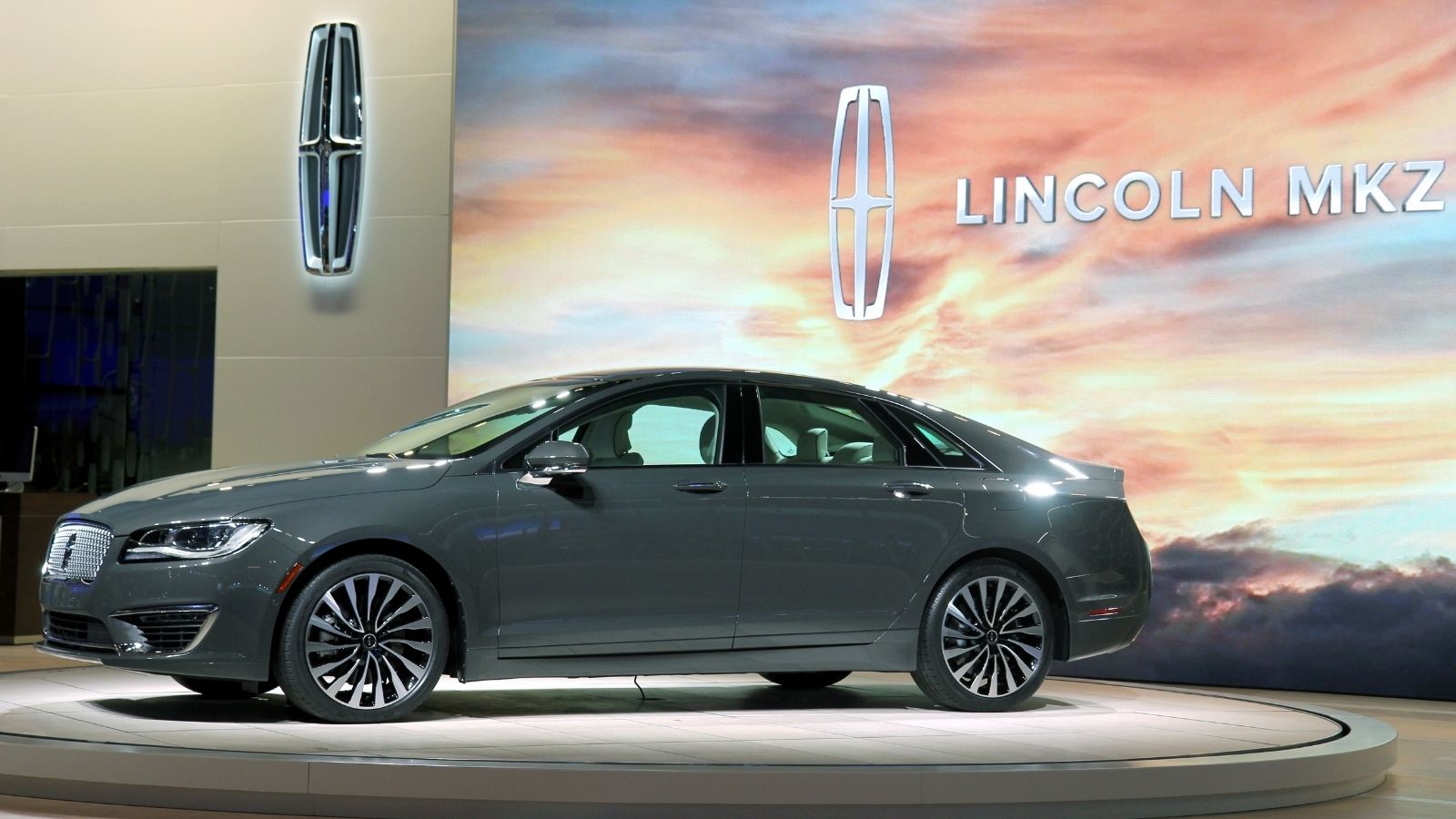
Lincoln tried to compete with European luxury sedans with the MKZ, but Canadian drivers didn’t buy in for long. The 2.0L turbocharged engine, producing 245 hp, offers decent performance, but the ride feels disconnected, and AWD options do little to improve its winter confidence. The infotainment system often lags, and the interior quality never quite meets the price tag. Now discontinued, the MKZ’s resale value is in free fall, and dealer demand is next to nothing.
Subaru Legacy
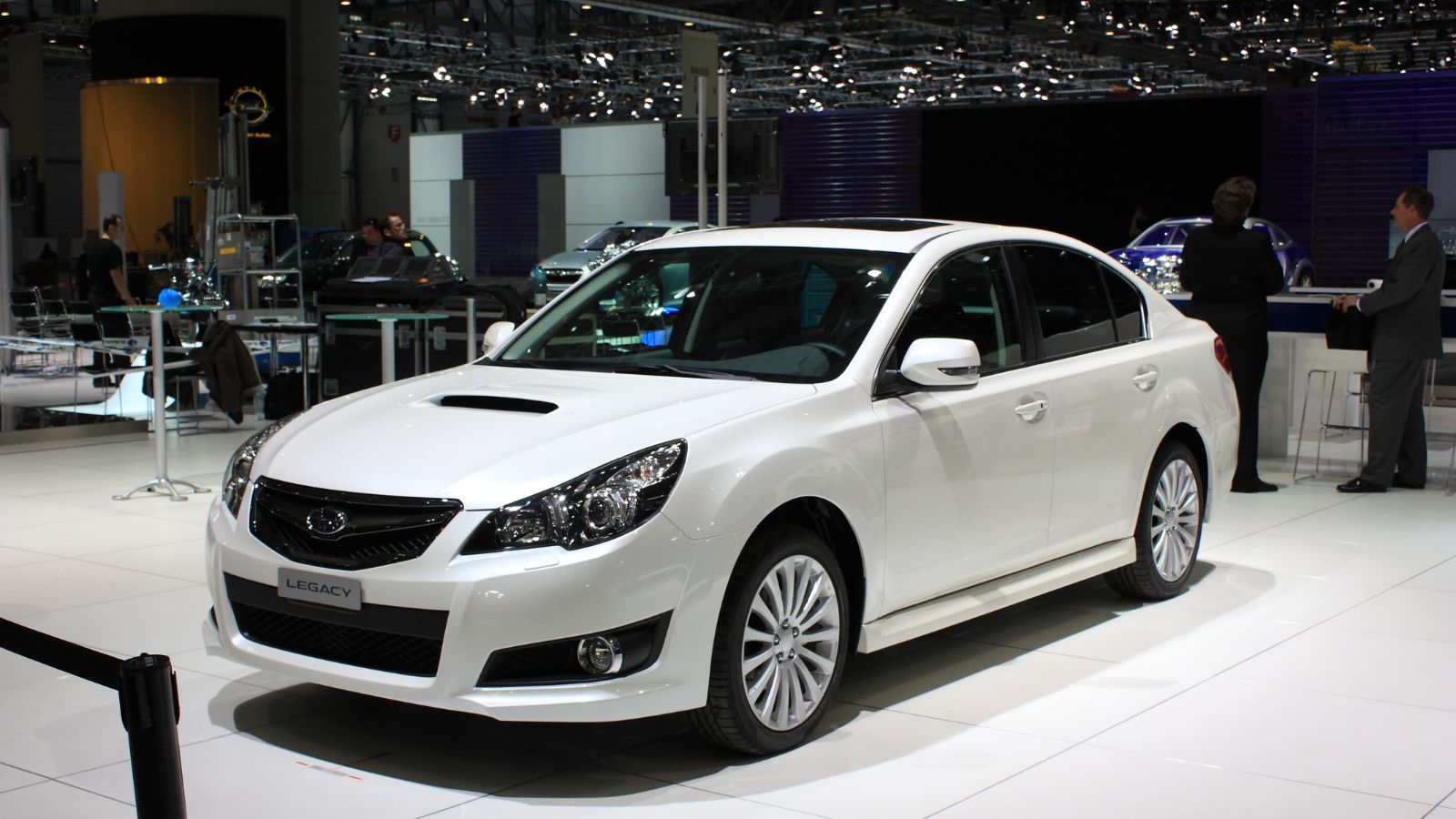
The Legacy used to dominate as a go-to all-wheel drive sedan for Canadians, but declining sales are telling a different story. While the 2.5L engine, 182 hp, and CVT combo is fuel-efficient, it feels sluggish. Interior design hasn’t kept up with segment leaders, and infotainment issues, especially with the dual-screen setup, have frustrated many. With crossovers like the Outback and Forester taking over, the Legacy’s relevance has dipped. As used demand shrinks, trade-in values are dropping accordingly. Subaru loyalty is strong, but even die-hards are starting to walk away from this fading sedan.
25 Facts About Car Loans That Most Drivers Don’t Realize

Car loans are one of the most common ways people fund car purchases. Like any other kind of loan, car loans can have certain features that can be regarded as an advantage or a disadvantage to the borrower. Understanding all essential facts about car loans and how they work to ensure that you get the best deal for your financial situation is essential. Here are 25 shocking facts about car loans that most drivers don’t realize:
25 Facts About Car Loans That Most Drivers Don’t Realize
